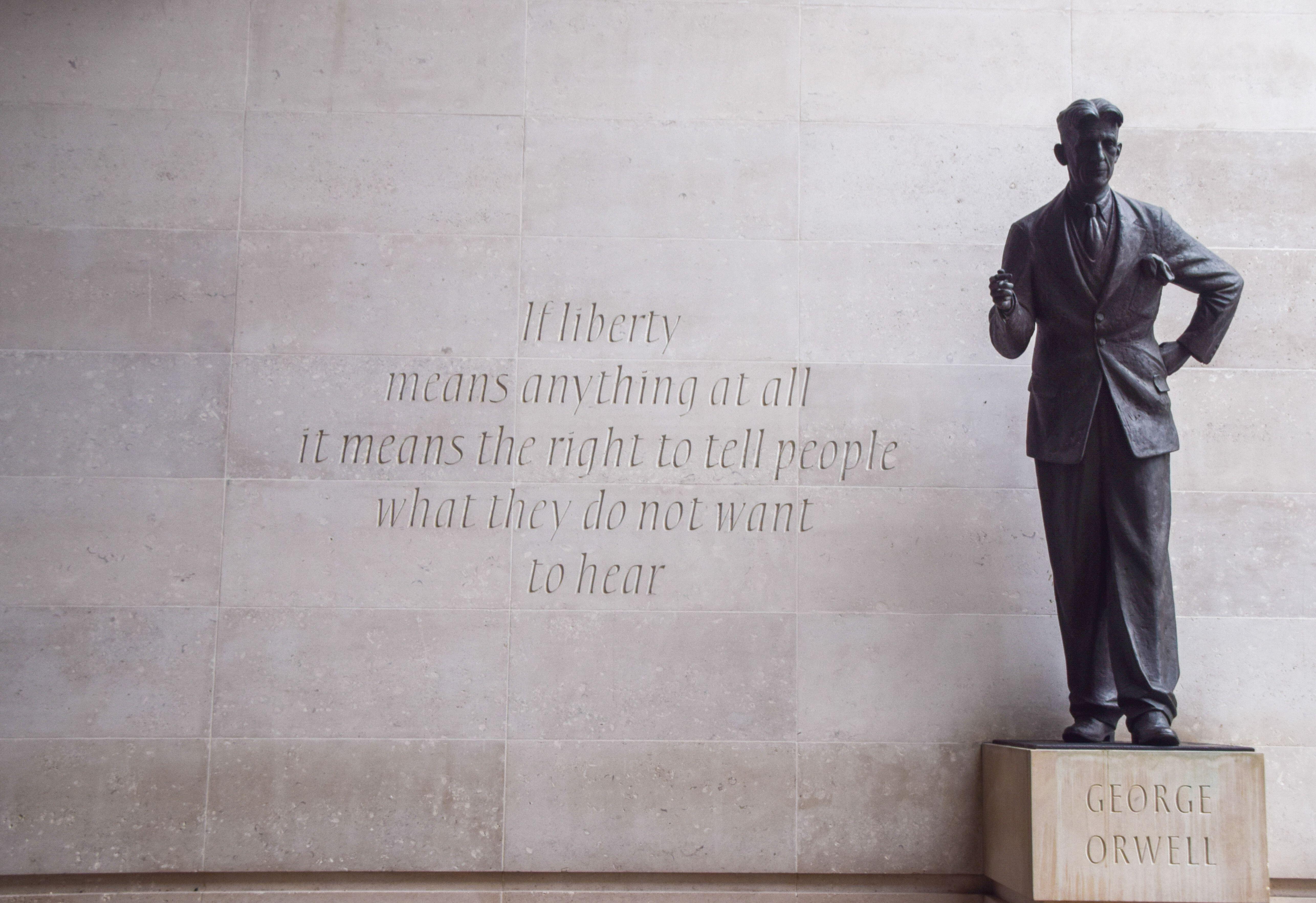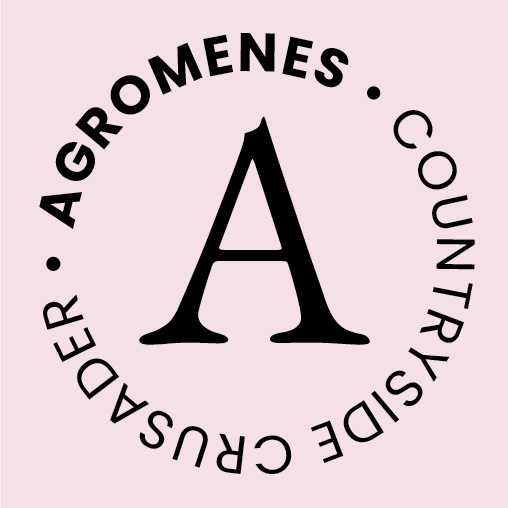
Exquisite houses, the beauty of Nature, and how to get the most from your life, straight to your inbox.
You are now subscribed
Your newsletter sign-up was successful
When the world caved in for the BBC’s establishment, one of its longest-running, most understated programmes scored a prodigious hit. Countryfile out-Clarksoned Clarkson! The episode showed how British vegetable farmers are fighting back at the devastation caused by drought and flood. It was spot on. It showed exactly how difficult modern farming is and pulled no punches on the serious effects of a changing climate and the threat it poses to food supplies. At the same time, it celebrated the remarkable advances in genetics that are giving farmers a real chance to combat the existential threat to their businesses.
After the second-worst harvest in our history, vegetable producers, centred in Lincolnshire, are turning to new varieties of cauliflower and broccoli that are more able to with stand the extremes of weather. Countryfile took us on a fascinating journey through the meticulous process by which breeders created resilient varieties that could cope with the fast-changing weather patterns and even benefit from the overall warming so that crops could be grown throughout the year. It was the BBC at its best: accurate and thoughtful information well presented, holding the audience gripped by serious content. It reminded us of how fortunate we are to have the BBC, in spite of its lapses.
Not that we should ignore those lapses. They undermine the trust that is essential to the institution. The biased editing of Panorama gave serious grounds for concern, but there is also no doubt that the furore it engendered was co-ordinated and exploited by the commercial and political interests that find the independence of the BBC inconvenient. They would much prefer the free-for-all of the US media and the lowering of standards that would result. That is why, even though it is imperative the BBC puts its house in order, we should not give credence to the extremist opponents who use every opportunity to undermine a great British institution of which we should be proud.
'Trust takes years to create and yet can be lost in days'
That makes it all the more important that the BBC regains our trust. Trust is the key ingredient and that goes, not only for national institutions, but for commercial businesses as well. Trust takes years to create and yet can be lost in days. What has happened to the BBC is a lesson to be learned much more widely; it is especially important for food producers and farmers. Their customers increasingly worry about diet and health and about security of food supply. From the local independent grocer to giants such as Tesco and Waitrose, shoppers trust their chosen providers. They must never feel that they have been misled or that they were not given the information to enable them to make proper choices.
This is a timely warning, as a number of big brands have moved away from commitments to independently assured standards. We have seen Cadbury’s owner Mondalez resile from the Fairtrade label as a guarantee of proper supplier protection and replace it with the assurance of its own internal standards. Last week, the Coca-Cola-owned Innocent replaced the independent certification of the Rainforest Alliance with its own, internally guaranteed, standards.
Businesses claim that the external verification is less applicable than their own bespoke system. This is a dangerous policy. Big business is inevitably mistrusted. Self-regulation does not inspire trust. Organisations such as the Marine Stewardship Council, Fairtrade, the Rainforest Alliance have their limitations, but they are independent and inspire trust. Businesses that dump external overview risk losing that trust.
Exquisite houses, the beauty of Nature, and how to get the most from your life, straight to your inbox.
Agromenes is Country Life's countryside crusader. They have written about rural issues in the magazine each week for the past 25 years.

